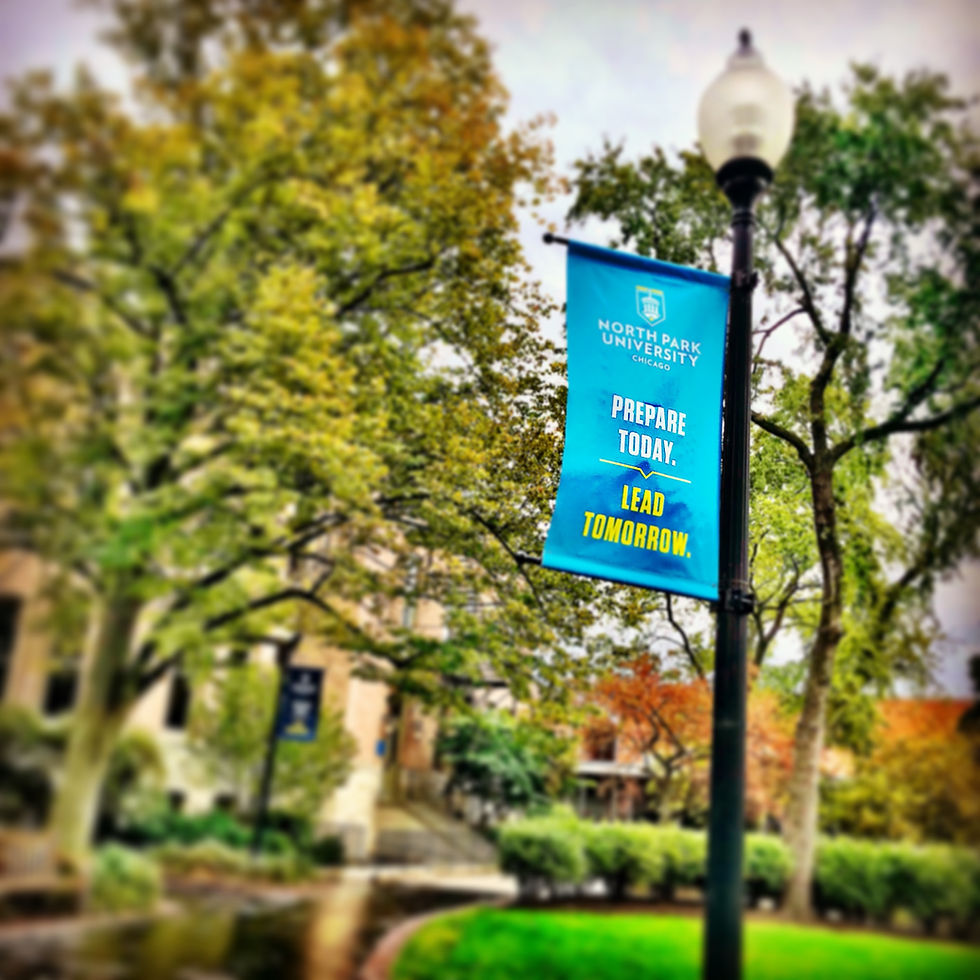Efficient Expressivity: Toning Down Your Movement to Tone Up Your Performance
- Dr. Renée-Paule Gauthier
- Apr 1, 2016
- 3 min read
This month, the wonderful cellist and author Sara Sitzer talks to us about how to maximizing our performance by being mindful about our body movements. Enjoy her delightfully insightful text and make sure to stop by her website to read more about and from her. On to Sara! - RPG
If you spend the majority of your days with an instrument in your hand, you're an athlete. What we do is physically demanding, exhausting, and, frankly, a bit unnatural! Think about it: we spend hours every day in a practice room, contorting our bodies in an effort to achieve technical perfection and dramatic musicality. And while stretches, yoga, and other healthful activities are key to taking care of ourselves as athletes, the technique that I have found to be the most powerful when it comes to saving energy, preventing injury, and playing more expressively, comes down to one word: EFFICIENCY.
Less is more.
Think about biking for a moment. Ya know how serious bikers wear those dorky spandex shorts and funny tops? Well, it actually makes it easier for them to ride faster! Without loose clothing flapping against the wind and heavy fabric to soak up sweat, the outfit itself becomes a tool towards efficient riding.
Umm.... you're not suggesting that I wear spandex for any performance that involves fast notes, are you?
Luckily, for us musicians, I can happily attest that spandex is NOT the answer! But, like biking, we can look into what we are doing while we play that gets in the way of being able to sound the best we can. Next time you practice, take a video of yourself and, when you watch it, ask these questions:
1. What physical movements do I habitually incorporate into my playing?
2. Are these movements necessary?
I've been working up a few orchestral excerpts lately, and, asking myself these questions in a recent practice session, realized that every time I started the opening melody in the second movement of Beethoven's 5th Symphony, I made a sweeping gesture with my bow arm and dipped my head down. I had been struggling to get it to sound flowing and easy, and suddenly it dawned on me that perhaps such a large gesture was actually getting in the way.
Being conscious to keep my gesture small, concise, and efficient, I tried the passage again. The difference was striking--not only did the melody sound more legato and free, but, physically, I felt more in control and less tense. The physical movement I had been making was unnecessary and haphazard, and though it looked like I was simply playing musically, in actuality, I was playing inefficiently.
Don't die onstage.
Often times, when we're playing an especially romantic or intense piece of music, our physical movements become more romantic and intense right along with it. This always makes me think of something my former teacher, Uri Vardi, used to tell me: When an actor plays Romeo in "Romeo and Juliet," he doesn't actually die. His character dies, but he himself is only acting. Likewise, when we play an incredibly passionate piece of music, the goal is to channel the passion into our sound, not to allow the passion to creep into our physical movements. Physical tension is a musician's greatest enemy, but what we don't always realize is that it is our effort to play expressively and musically that often leads to the worst kind of tension. Learning to separate the musical drama from the physical drama can be what allows us to minimize pain and tension, and also tends to give us the freedom to make that musical drama more effective, exciting, and expressive.
Now, don't get me wrong. Moving when you play isn't bad, and I'm not suggesting you be stiff and still! After all, there are many virtuosic players out there who move a LOT! (Just look Yo-yo Ma or Joshua Bell!) But what I have learned in 25 years of cello playing is that the absolute best thing you can do for both your body and your sound is to be aware of the way you move, constantly evaluating whether what you're doing while you play is helping you achieve the sound your want or simply getting in the way. The way you use your body should always be intentional and thought-through. It is through constant awareness, evaluation, and intentionality that you can find the most of efficient playing style for you, which I think you'll find not only makes you a better musician, but also a happier, healthier artist.
--
Sara Sitzer, Cellist
www.sarasitzer.com




Comments